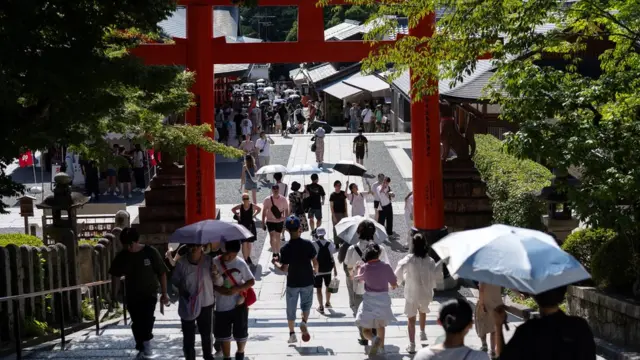一年前,日本开始将福岛核电站的处理后的核废水排放到太平洋,引发了中国政府的强烈反对。中国全面禁止进口日本水产品,并借此进行外交上的施压。然而,日本国内的民意并未受到影响,韩国和台湾也逐渐解禁日本福岛5县食品的进口。中国对日本海产品进口的禁令虽对日本渔业造成了经济损失,但也未能成功阻止日本排放核废水。另一方面,禁令的效果正在递减,中国民众对日本的负面情绪逐渐缓和,访日旅客人数也在回升。专家认为,中国禁令更多是外交筹码,而非真正出于食品安全的考量,但其也并非完全没有成本,可能会加剧日本对中国的疑虑。
Original Title: 福岛核废水排放一周年,中国全禁日本海产的“外交牌”奏效吗?
Summary: One year ago, Japan began releasing treated wastewater from the Fukushima nuclear power plant into the Pacific Ocean, prompting strong opposition from the Chinese government. China has imposed a comprehensive ban on imports of Japanese seafood, using it as a means of diplomatic pressure. However, public opinion in Japan has not been affected, and South Korea and Taiwan have gradually lifted import bans on food products from five prefectures in Fukushima. While China’s import ban has caused economic losses for the Japanese fishing industry, it has not succeeded in stopping Japan’s release of nuclear wastewater. On the other hand, the effectiveness of the ban is declining, with Chinese public sentiment towards Japan gradually softening and the number of visitors to Japan increasing. Experts believe that China’s ban is more of a diplomatic bargaining chip than a genuine concern for food safety, but it is not entirely cost-free, as it could exacerbate Japan’s suspicion of China.
Original article: https://www.bbc.com/zhongwen/simp/world-69295761?at_medium=RSS&at_campaign=KARANGA

